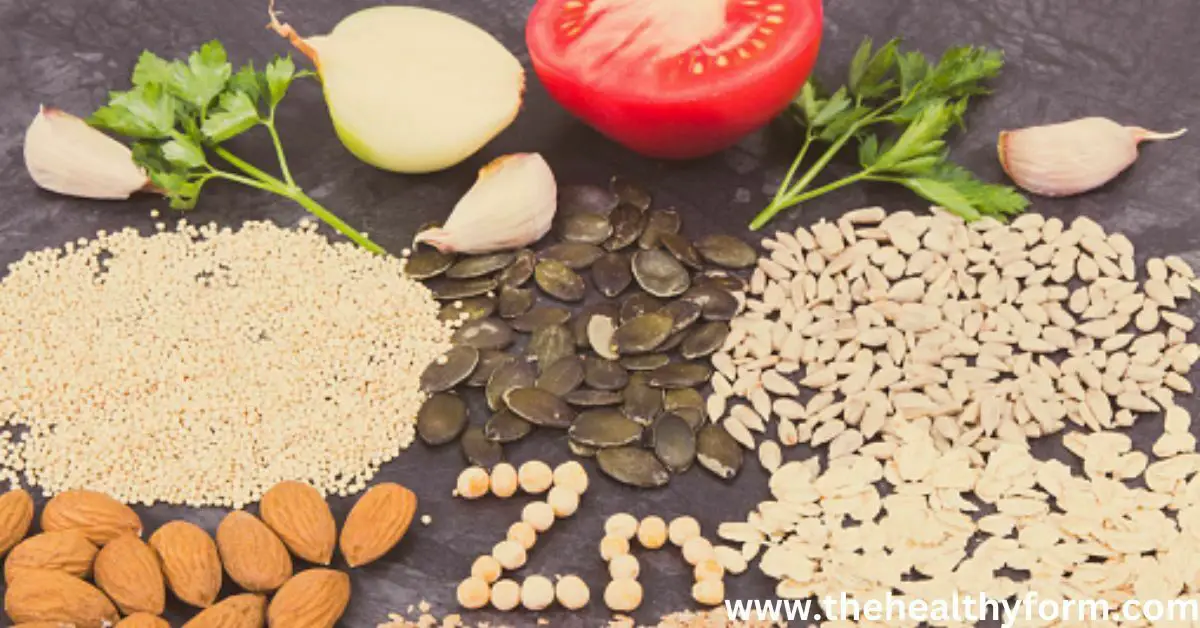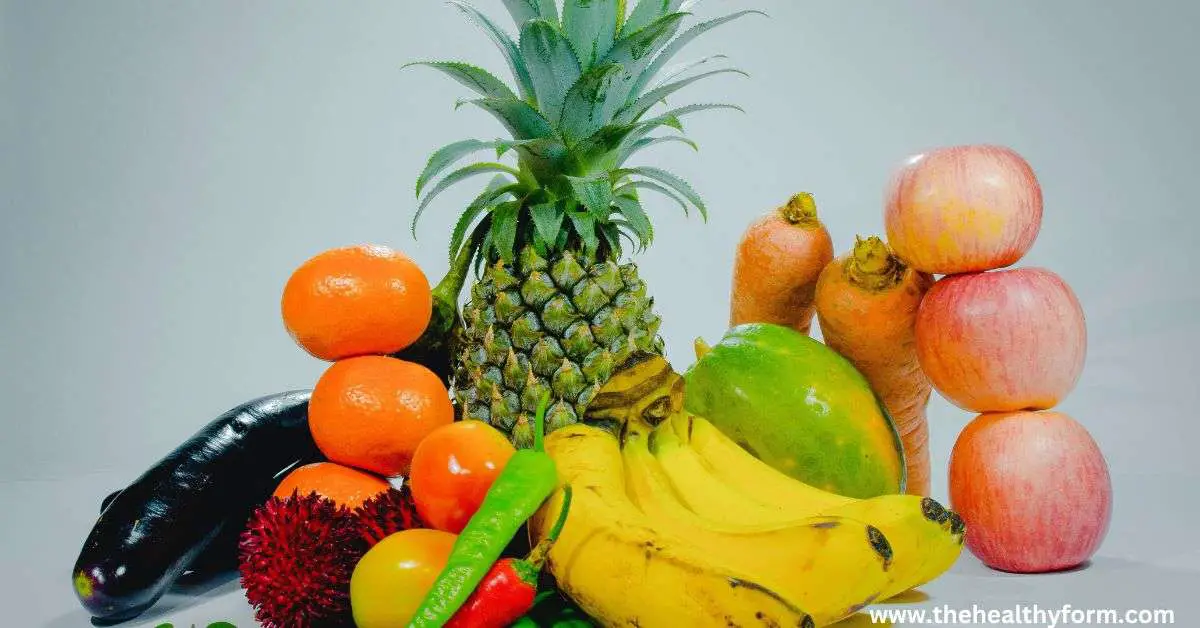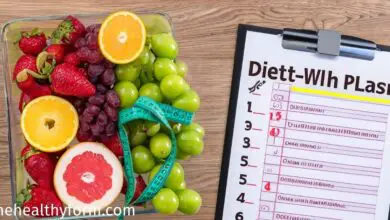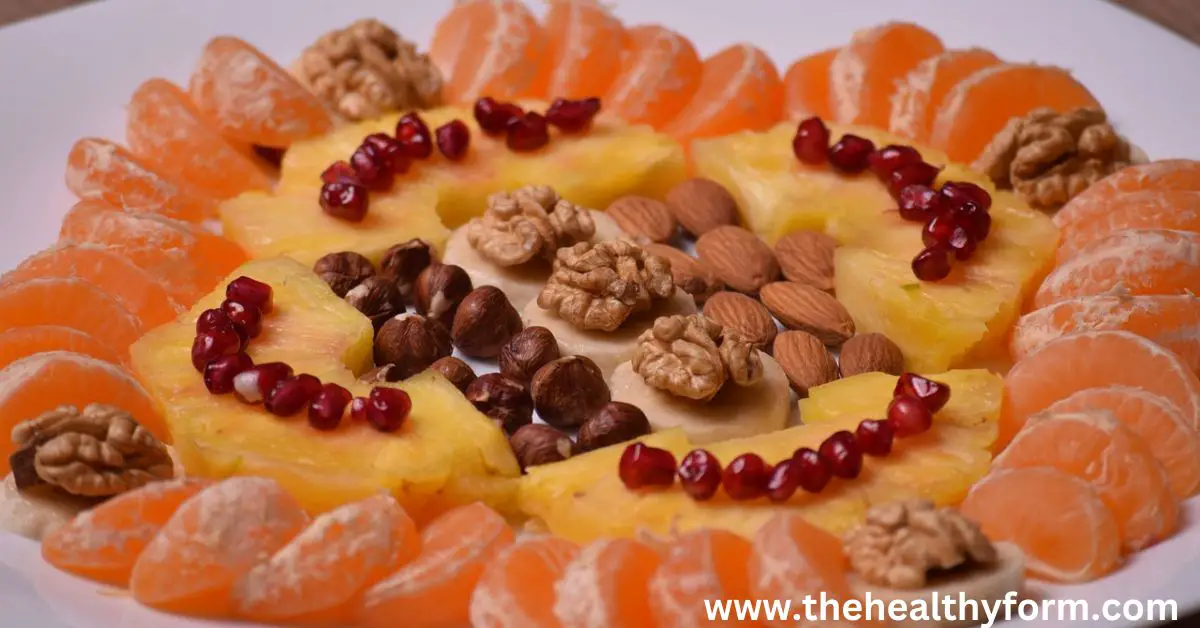Unveiling The Best Low Fat Foods For Weight Loss
The Secret to Shedding Pounds with Low Fat Food for Weight Loss! Explore a Delicious Range of Healthy, Low-Fat Tips for Effective Weight Management. Start Your Journey Today! In the quest to achieve weight loss goals, low fat diets play a crucial role. By reducing the intake of fatty foods, individuals can create a calorie deficit and gradually shed excess pounds. Low fat diets are based on the principle that consuming fewer calories from fat can lead to effective weight loss. However, addressing some common misconceptions about low fat foods is important, as they often have negative connotations associated with taste and satisfaction.
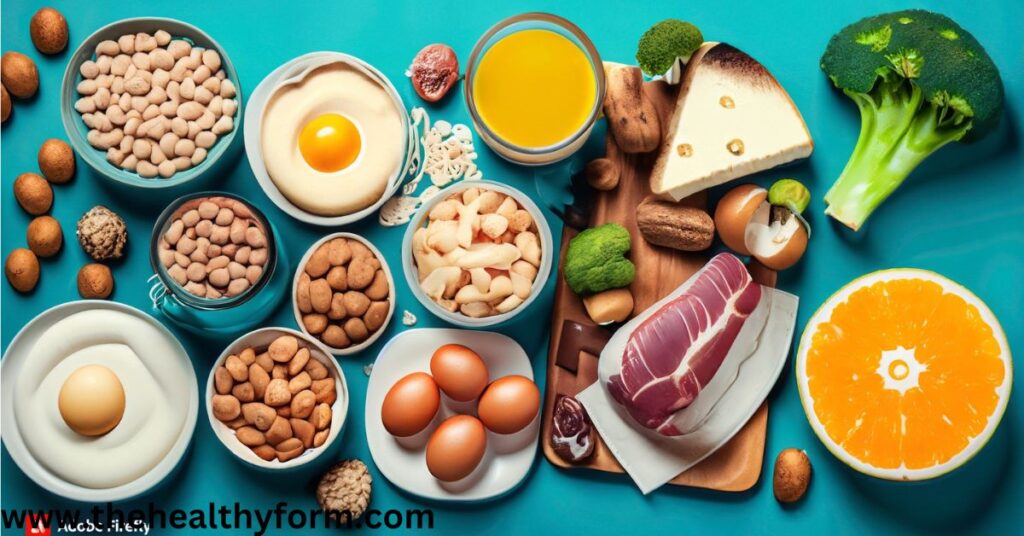
Understanding Nutritional Requirements for Weight Loss
To embark on a successful weight loss journey, it is essential to understand the role of macronutrients in a healthy diet. Macronutrients, including carbohydrates, proteins, and fats, sustain our daily energy needs and bodily functions. While a low fat diet focuses on reducing fat intake, it is crucial not to eliminate fats, as they serve many important functions in the body. A balanced, low fat diet includes healthy fats in moderation to maintain optimal health.
The Benefits of Low Fat Diets for Weight Loss
Low fat diets offer numerous benefits beyond weight loss. They can contribute to overall health improvement by reducing the risk of cardiovascular diseases and certain types of cancer. Studies have shown that low fat diets can effectively aid in weight loss, especially with regular exercise. By minimizing fat intake, individuals can achieve a healthier body weight, improve blood lipid profiles, and experience an increase in energy levels.
Essential Nutrients in Low Fat Foods
Low-fat foods are not synonymous with nutrient deprivation. On the contrary, they are rich in essential vitamins and minerals for overall wellbeing. By incorporating low-fat foods into daily meals, individuals can ensure they are obtaining an adequate supply of nutrients vital for bodily functions. Additionally, high-fiber options within low-fat foods play a crucial role in weight management by promoting satiety and aiding digestion.
High-fiber options for better weight management include:
- Whole grains such as brown rice, quinoa, and oats
- Legumes like black beans, lentils, and chickpeas
- Fruits such as raspberries, blackberries, and oranges
- Vegetables like broccoli, Brussels sprouts, and artichokes
Dairy Products
In a low fat diet, dairy products can still be enjoyed. Low fat milk, for instance, serves as an excellent source of calcium and protein while significantly reducing fat intake. It is a great choice for those looking to maintain bone health and support weight loss efforts. Low fat yogurt is another fantastic option, as it contains probiotics that can aid digestion and reduce body fat. Incorporating these dairy products into the diet ensures the consumption of essential nutrients without compromising weight loss goals.
Lean Proteins
When it comes to weight loss, lean proteins are indispensable. They provide vital amino acids that aid in muscle growth and fat reduction. Optimal sources of low fat protein include skinless poultry, fish, lean cuts of meat, and plant-based proteins like tofu and tempeh. Including these proteins in a low fat diet supports satiety, promotes muscle development, and speeds up metabolism, contributing to effective weight loss.
Fruit and Vegetables
Fruits and vegetables are the cornerstones of a low fat weight loss diet. They are packed with essential vitamins, minerals, and antioxidants that support overall health and wellbeing. Nutrient-rich fruits such as berries, citrus fruits, and melons are low in fat and high in fiber, making them an excellent choice for satisfying cravings while aiding weight loss efforts. Similarly, high-fiber vegetables like broccoli, spinach, and kale promote satiety, help regulate blood sugar levels, and support weight management goals.
Whole Grains
Contrary to popular belief, carbohydrates are not the enemy of weight loss. Whole grain products, such as whole wheat bread, brown rice, and quinoa, are crucial in a low fat diet. These complex carbohydrates are rich in fiber, which aids in digestion and helps individuals feel fuller for extended periods. Individuals can sustainably reduce their calorie intake and achieve their weight loss goals by incorporating whole grains into meals.
Fats to Include in a Low Fat Diet
While the primary focus of a low fat diet is to limit fat consumption, it is important to differentiate between “good” and “bad” fats. Good fats, such as those in nuts, seeds, and avocados, provide essential fatty acids and promote cardiovascular health. Incorporating these healthy fats in moderation can enhance overall wellbeing. Conversely, bad fats, such as trans fats and saturated fats in processed and fried foods, should be minimized or avoided to maintain optimal health and support weight loss efforts.
Cooking Techniques for Low Fat Meals
With the proper cooking techniques, low fat meals can be nutritious and delicious. Grilling, baking, steaming, and stir-frying are healthier cooking methods that maintain taste and texture while reducing fat content. By utilizing herbs and spices to add flavor rather than relying on excessive oil or butter, individuals can create flavorful meals that are low in fat.
Strategies for Incorporating Low Fat Foods into Daily Diet
Replacing high-fat ingredients with low-fat alternatives is an excellent strategy for incorporating low fat foods into daily meals. Substituting whole milk with low-fat or skim milk, using olive oil instead of butter, and opting for lean cuts of meat are all simple adjustments that can significantly reduce overall fat intake. Additionally, practicing portion control and meal planning helps individuals stick to their low-fat diet and achieve successful weight loss.
Eating Out on a Low-Fat Diet
Eating out does not have to sabotage a low-fat diet. Individuals can enjoy dining out by making informed choices while adhering to their weight loss goals. Opting for grilled or steamed dishes, ordering sauces and dressings on the side, and choosing lean protein options can help individuals maintain their low-fat diet while enjoying a meal outside their home. It is essential to stay consistent and make mindful choices when dining out.
Addressing Challenges and Roadblocks
Embarking on a low fat diet may come with its fair share of challenges and roadblocks. Cravings for high-fat foods are common but can be managed by incorporating healthier alternatives or indulging in moderation. It is also important to address weight loss plateaus that may occur during the journey. By reassessing portion sizes, diversifying exercise routines, and staying consistent with a low fat diet, individuals can overcome these obstacles and continue on their path to sustainable weight loss.
Combining Exercise with a Low Fat Diet
Combining a low fat diet with regular exercise is crucial for optimal weight loss. Exercise helps to create a calorie deficit, burn fat, and build lean muscle mass. Cardiovascular activities like jogging, cycling, swimming, and strength training exercises contribute to an effective weight loss journey. By incorporating exercise into their routine, individuals can maximize fat burning and achieve their desired weight loss goals.
Long-Term Maintenance of Weight Loss
The journey to weight loss doesn’t end once the desired goals are achieved. Sustaining weight loss requires long-term maintenance strategies. Establishing healthy habits, such as regular exercise, portion control, and mindful eating, can help individuals maintain their weight loss achievements. Additionally, periodically reassessing dietary choices and making adjustments as needed ensures ongoing success in weight management.
Low Fat Foods for Successful Weight Loss
Low fat diets offer numerous benefits for weight loss and overall health. Individuals can achieve sustainable weight loss by incorporating essential nutrients, lean proteins, fruits, vegetables, and whole grains into a low fat diet. It is important to differentiate between “good” and “bad” fats and utilize healthy cooking techniques to maintain taste and texture. Strategies such as portion control and meal planning, incorporating exercise, and addressing challenges and roadblocks are crucial for successful weight loss and long-term maintenance.
FAQs on Low Fat Foods for Weight Loss
Here are some common questions about low fat foods for weight loss:
What defines a low fat food?
A low fat food is typically defined as containing minimal fat per serving. The exact definition may vary, but it commonly refers to foods containing less than a specific fat percentage, such as 3 grams or less per serving.
Are low fat diets suitable for everyone?
Low-fat diets can be suitable for most individuals, especially those looking to lose weight or improve their overall health. However, it is important to consult with a healthcare professional or registered dietitian before embarking on any specific diet, as individual needs and health conditions may vary.
Can low fat foods still be tasty?
Absolutely! Low fat foods can still be tasty and enjoyable. By using herbs, spices, and other flavor-enhancing ingredients, individuals can create delicious low fat meals that satisfy their cravings while supporting their weight loss goals.
Conclusion
Choosing low-fat foods as a balanced diet is brilliant for weight loss. By incorporating essential nutrients, lean proteins, fruits, vegetables, and whole grains into meals, individuals can achieve their weight loss goals while improving overall health. With proper planning, cooking techniques, and strategies for dining out, a low-fat lifestyle can be enjoyable, sustainable, and rewarding in the long run. Embrace a low-fat diet and take the first step towards a healthier lifestyle today.

